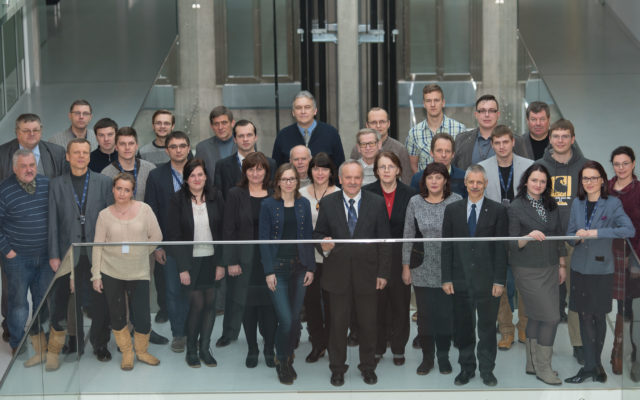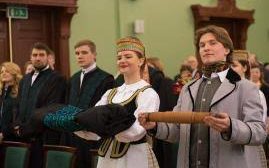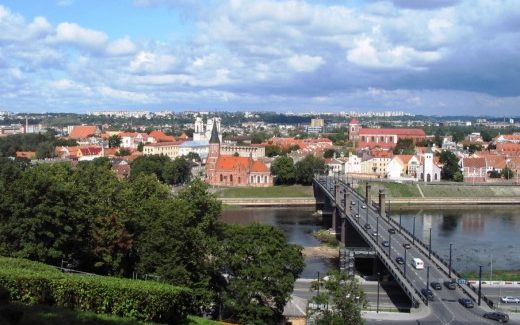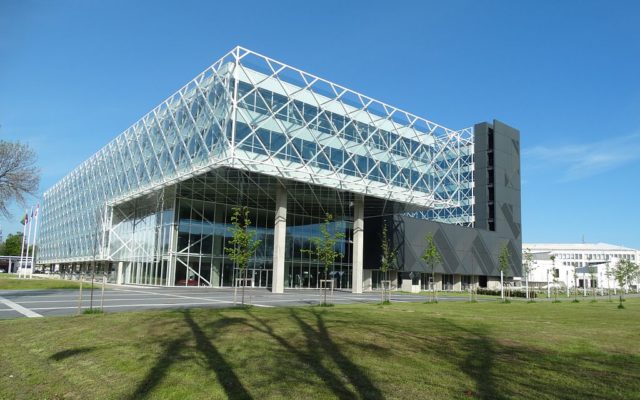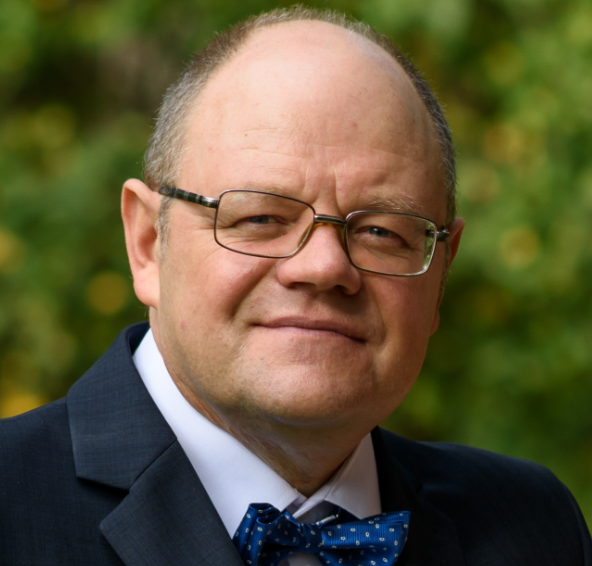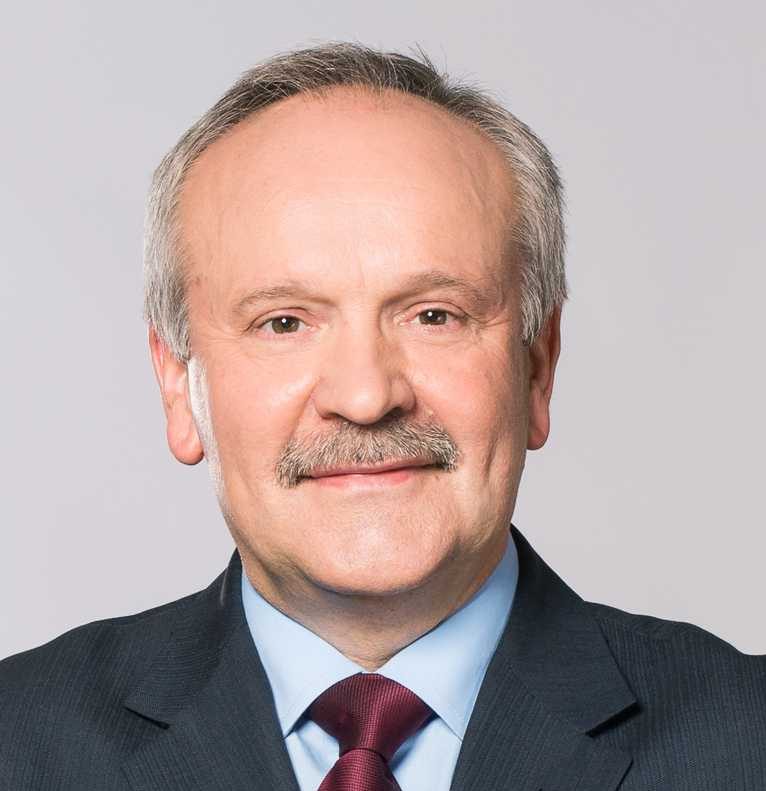Kaunas University of Technology (Kauno technologijos universitetas –KTU) in Lithuania meets the challenges of globalisation while sustaining the traditions and practices that define the University’s scholarly community since 1922. KTU enhances its international visibility and provides high quality of study and research: by participating in international research collaborations in over 30 international science programmes, by establishing international study programmes (17 undergraduate, 28 Master’s and 17 PhD study programmes are taught in English), by collaborating with international partners and creating joint study programmes (strategic partnerships with Stanford (USA) and Aalto ( Finland) universities and within European University Association (EUA), European Society for Engineering Education (SEFI), Conference of European Schools for Advanced Engineering Education and Research (CESAER) and others), by encouraging the participation in international exchange and experience among student and academic communities (over 450 collaboration agreements with over 200 institutions of higher education all over the world; 5 % of international students), and by extensive mentoring in all areas (13 student societies, 20 sport clubs, Career Centre, Startup Space and others). Through synergy of cutting-edge research, top quality education, strategic partnerships and interlinks with wide range of businesses and industry, KTU generates collective knowledge that opens new opportunities.
Scientific activities within PCAM
• Synthesis and analysis of optical, mechanical and electrical properties of diamond like carbon films for optical and micromechanical applications, developing of new methods of deposition and doping, in-situ analysis of processes of deposition (Institute of Materials Science).
• Nanostructures and materials for plasmonic applications including different methods synthesis of metallic nanoparticles and nanocomposites. Developing of optical technologies for microstructures and manipulation of nanoparticles, interference lithography, laser ablation (Institute of Materials Science).
• Theoretical and experimental investigation of the synthesis of compound, nanocomposite, nanocrystalline, amorphous thin films by electron-beam evaporation, reactive ion beam sputtering, reactive magnetron sputtering, reactive ion assisted deposition, reactive arc deposition, combined arc and magnetron sputtering and solid-state reactions. Physics of selective ion etching, anisotropy of reactive etching (Department of Physics)
• Synthesis and studies of organic electroactive materials for (opto)electronic applications: OLEDs, photorefractive materials, field effect transistors; developing of very effective amorphous hosts with high triplet energy for emitting layers of electrophosphorescent devices; Synthesis of photoconductive and charge transporting polymers and molecular glasses; Cationic photopolymerization of the substituted epoxy monomers and vinyl ethers; Chemistry and technology of keratin fibers (Department of Polymer Chemistry and Technology)
Available PhD positions
The goal of PHD studies is to provide training and education with the objective of producing graduates of Physics, Chemistry or Materials Engineering with the capacity to conduct research independently at a high level of originality and quality. By the end of the degree program, the doctoral student ought to be capable of conceiving, designing and carrying to completion a research program without supervision.
The PhD studies are organized at the Institute of Materials Science (http://ktu.edu/en/institute-materials-science/ ) (Physics, Materials Science); Faculty of Mathematics and Natural Sciences (http://ktu.edu/en/faculty-mathematics-and-natural-sciences ) (Physics, Materials Science), Chemical Technology (http://ktu.edu/en/faculty-chemical-technology ) (Chemistry and Chemical Engineering), Faculty of Mechanical Engineering and Design (http://ktu.edu/en/faculty-mechanical-engineering-and-design ) (Materials Engineering).
The total number of positions for doctoral students at the University is determined considering the amount of subsidies allocated by the Government of the Republic of Lithuania and additional funds for doctoral student preparation set aside by the University. Admission quotas are set for every subject area every year. Further information can be requested here (http://ktu.edu/en/research#22009 )
Topics proposed for the PhD research:
• Diamond like carbon based nanocomposites: synthesis, characterization and applications
• Developing of novel methods of manipulation, micro-, nanopatterning and imaging, to be exploited in the future bio-medical technology and in micro-mechanics
• New type of nanocomposite based plasmonic sensors fabricated using vacuum plasma technologies
• Development of the organic thin film transistor technology and synthesis of the novel semiconducting organic compounds
Possible shorter stays within the network
In all research groups of the departments, shorter stays of students from universities belonging to the network are welcomed. The interested candidate should look at the Department research topics (see above) and then contact the local PCAM coordinator.

